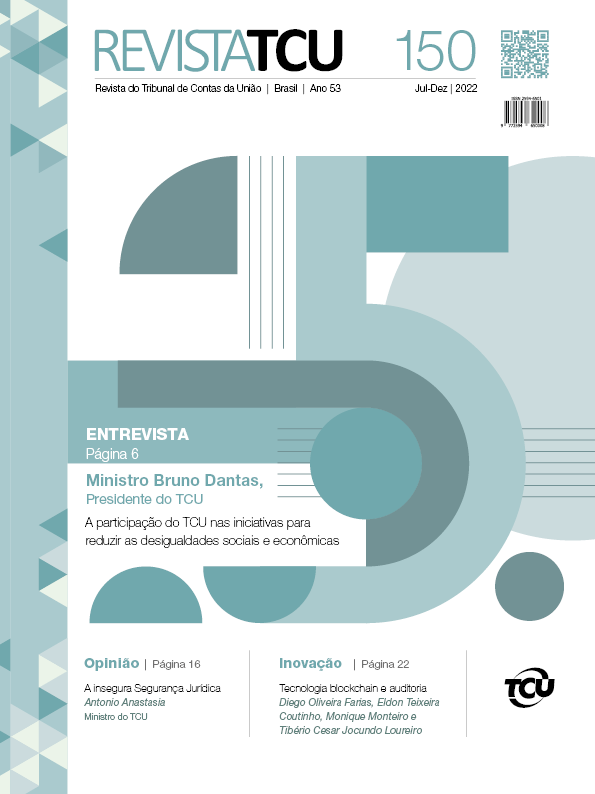Estratégias de diversidade, inclusão e equidade de gênero e raça em órgãos da administração pública federal: Avanços e desafios

Resumo
Dados demográficos apontam que a desigualdade de gênero e raça presente na sociedade brasileira reflete-se de forma categórica no mundo do trabalho, tanto em organizações públicas como privadas. As organizações devem, portanto, ser parte nas ações de enfrentamento às desigualdades instaladas. Esse esforço estaria refletido nas estratégias de Diversidade, Inclusão e Equidade (DIE) promovidas pelas empresas. A adoção dessa agenda pelo setor público é mais recente, mas vem ganhando espaço nos debates. O artigo tem como objetivo geral fundamentar a importância da implantação de políticas de DIE, com foco em gênero e raça, na administração pública federal. Complementarmente, possui os seguintes objetivos específicos: conceituar diversidade, inclusão e equidade; explicitar os principais procedimentos necessários à implementação de programas de diversidade, inclusão e equidade; e descrever estratégias selecionadas de diversidade, inclusão e equidade implementadas na Administração Pública Federal nos últimos anos, destacando os avanços e limitações encontrados. Em relação à metodologia, a pesquisa utiliza a abordagem qualitativa, de natureza aplicada, utilizando tanto procedimentos bibliográficos, como de caso. Conclui-se que as estratégias de DIE são aplicáveis e essenciais para uma configuração mais democrática e plural do quadro de servidores federais. Verificou-se que já há iniciativas nesse sentido e que é necessário um processo de consolidação e ampliação e de tais estratégias. Para continuidade do debate acadêmico na temática recomenda-se o aprofundamento na hipótese de que iniciativas de DIE podem ser tratadas como parte dos sistemas de governança e compliance das organizações.
Biografia do Autor
Marcela De Oliveira Timóteo
Auditora do TCU, onde exerce o cargo de assessora na Secretaria de Gestão de Pessoas. Graduada em Administração Pública pela Escola de Governo de Minas Gerais, pós-graduada em Educação Corporativa pelo ISC/TCU e em Direitos Humanos e Responsabilidade Social pela PUC-RS.